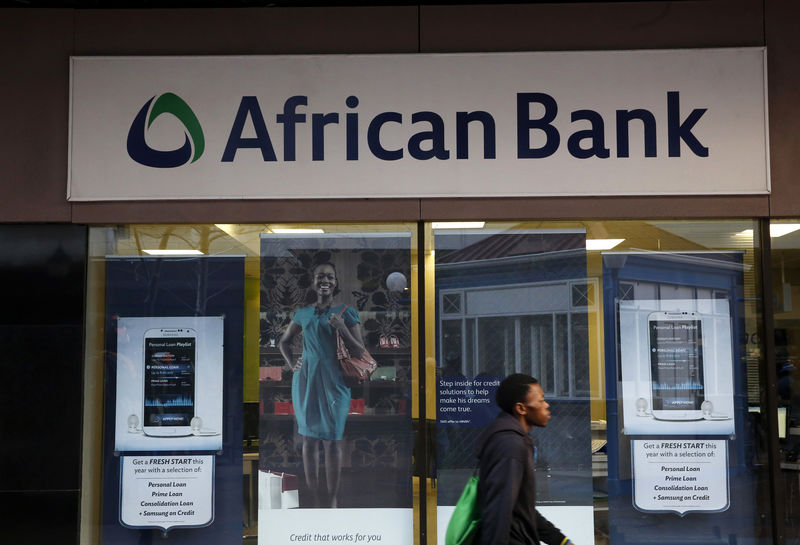
South African Banking Experiences A Shake Up with Digital Low-Fee Accounts
JOHANNESBURG – South Africans were offered low-fee, digital accounts by two “traditional” banks this week in a sign of how competition from a new breed of cheaper, online-only rivals is driving change in the $30 billion market. Young, tech-savvy and cost-conscious South Africans are being targeted by low-cost, digital-only newcomers such as Discovery, ThymeBank and […]

JOHANNESBURG – South Africans were offered low-fee, digital accounts by two “traditional” banks this week in a sign of how competition from a new breed of cheaper, online-only rivals is driving change in the $30 billion market.

Young, tech-savvy and cost-conscious South Africans are being targeted by low-cost, digital-only newcomers such as Discovery, ThymeBank and BankZero.
The new accounts from African Bank and Standard Bank are the latest disruption to a market largely dominated by four big players: Absa, FirstRand, Nedbank and Standard Bank.
Both African Bank, a small lender which was rescued from collapse just five years ago, and Standard Bank said customers could open the new accounts without going into a branch.
African Bank said MyWorld was the cheapest account in South Africa, while Standard Bank soft-launched its lowest-fee account, dubbed MyMo, costing R4.95 per month and offering clients free mobile data or air time for transactions.
African Bank Chief Executive Basani Maluleke said MyWorld, which has accumulated 12,000 members since its soft launch in mid-February, was a cutting-edge product and platform.
“Its innovative features provide a mechanism to share banking in families, groups and in communities, which we believe will draw a very positive response from customers,” she said.
South Africa’s big four are sensitive to disruption after Capitec shot from an upstart to the country’s fifth biggest bank with a low-fee model.
They have since closed branches, improved digital offerings and cut fees to ensure they can compete.
African Bank had focused on unsecured lending before its near-collapse under the weight of bad debts led South Africa’s central bank to take a 50% stake.
(Reporting by Onke Ngcuka; Editing by Emma Rumney and Alexander Smith)
